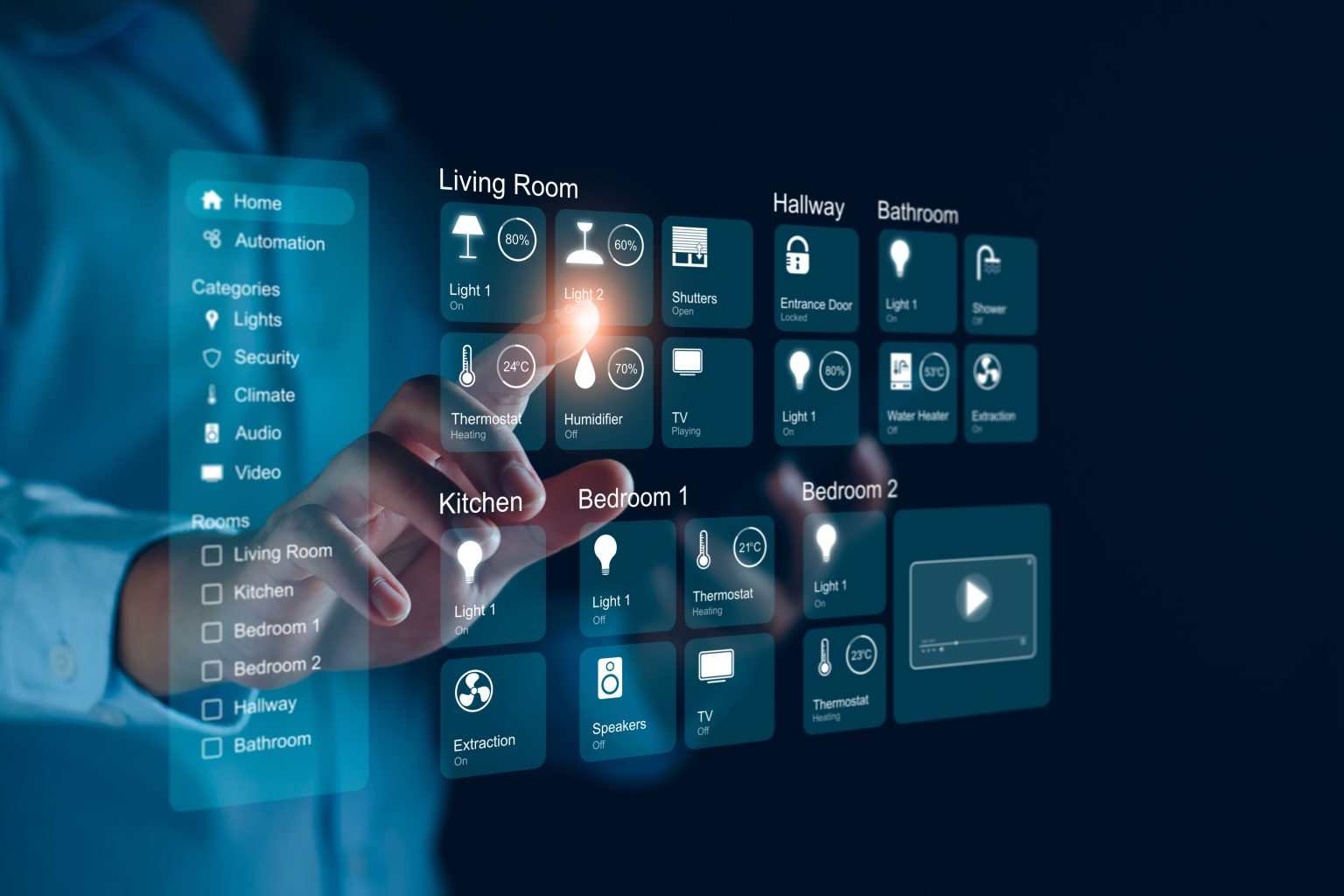Our Blog
Home / Blog
Description
As smartphones become indispensable in everyday life, mobile app development is evolving rapidly to meet the demand for feature-rich, intelligent apps. Artificial Intelligence (AI) and Machine Learning (ML) have emerged as powerful solutions, simplifying development and enabling apps to deliver smarter, more personalized experiences.
The Growing Importance of Mobile Apps
Did you know that approximately 85.82% of the global population uses smartphones? That’s around 6.92 billion users worldwide. This massive user base fuels the mobile app market, which is projected to reach a valuation of $330.61 billion in 2025, growing at a compound annual growth rate (CAGR) of 13.8% through 2030.
This rapid growth drives developers to leverage AI and ML to meet users’ increasing expectations for smarter, more intuitive apps.
How Machine Learning and AI Work in App Development
AI can be thought of as a smart system capable of mimicking human intelligence—making decisions, understanding behavior, and adapting to new information. Powered by complex algorithms, AI allows apps to interact more naturally with users.
Machine Learning acts as the learning engine behind AI, analyzing vast amounts of data to identify patterns and improve performance without needing explicit programming for every new scenario. This combination enables apps to become more personalized and efficient, from recommending fitness routines to predicting traffic.
With the AI market already surpassing $184 billion in 2024 and projected to exceed $826 billion by 2030, its impact on app development is undeniable.
The Role of AI and ML in Mobile App Development
1. Transforming User Experience
By analyzing user behavior and preferences, AI and ML enable apps to anticipate needs and personalize content dynamically. Streaming services like Spotify and Netflix use AI to offer tailored playlists and movie recommendations, enhancing user engagement.
2. Boosting Development Efficiency
AI-driven automated testing accelerates bug detection and resolution, speeding up the development cycle. ML algorithms optimize app performance in real-time by managing resources based on user demand, ensuring smooth operation without manual intervention.
3. Enabling Smart Interactions
Chatbots and virtual assistants enhance user interaction by processing natural language and providing instant, round-the-clock support. This improves customer service while reducing operational costs.
4. Enhancing Security
AI and ML strengthen app security by monitoring user behavior and detecting anomalies indicative of unauthorized access or data breaches. This proactive approach protects sensitive data and builds user trust.
5. Real-Time Personalization and Predictive Insights
Machine learning analyzes large datasets to predict user behavior, enabling apps to customize content and features on the fly. Predictive analytics helps developers create apps that anticipate user needs, delivering proactive experiences.
6. Integrating with Emerging Technologies
AI and ML facilitate seamless integration with technologies like the Internet of Things (IoT), Augmented Reality (AR), and Virtual Reality (VR). For example, fitness apps can use data from wearable devices to provide personalized workout and health insights.
The Future of AI and Machine Learning in App Development
Looking ahead, AI and ML will continue to transform mobile apps from mere tools into intelligent companions that understand and adapt to users. Beyond virtual assistants like Siri and Alexa, future apps will actively listen, respond, and anticipate needs—delivering hands-free, highly intuitive experiences.
Businesses will harness ML to predict customer preferences and create innovative AI-powered solutions, ushering in an era of apps that are more responsive, personalized, and indispensable than ever before.
Conclusion
AI and Machine Learning are no longer just buzzwords in app development—they are fundamental forces driving smarter, faster, and more secure mobile experiences. As these technologies advance, they will redefine how we interact with our devices, making apps more helpful, predictive, and engaging.
Similar Blog
Commercial Property: What It Is & How to Invest in 2025
What is Commercial Property?
Residential and commercial are two major categories in the real estate business. A commercial property refers to real estate used primarily for business purposes—not as a place of residence
What Makes a Studio Apartment Right For You?
Studio apartment! If this term is new to you, let’s take a moment to explore what it’s all about. The origins of studio apartments may be traced back to the United States and Japan, where growing populations fueled a need for more compact living spaces. This
Transform Your Apartment with These Minimalist Design Ideas
We all have a desire to make our small apartment feel like a little piece of heaven, don’t we? Many of us cherish a peaceful spot where we feel at ease—even in tough times—and we call that place “home.” Creating a personal oasis through minimalism is a
Work From Home Setup in Apartments
Working from home has become more than a trend—it’s a lifestyle shift. Whether it’s for flexibility, comfort, or necessity, many people now prefer working remotely over commuting to an office. But working from home also means designing a workspace that pro
Discover Modern Fresh Living Apartments in Confident Group
What makes a house SWEET HOME? Everyone will have their own perspective of what a home should look like. But ideally, isn’t home a living space that can cradle all our comforts? Exactly! If you see the housing market today, builders are redefining the home con
Apartment Design: From Concept to Creation
Behind a well-built home is a vision and an imagination that has risen to life. Every feature of an apartment speaks of the craftsmanship and skills honed by an architect and the builders. Creating a basic apartment design is simple, but making it stand out is t







